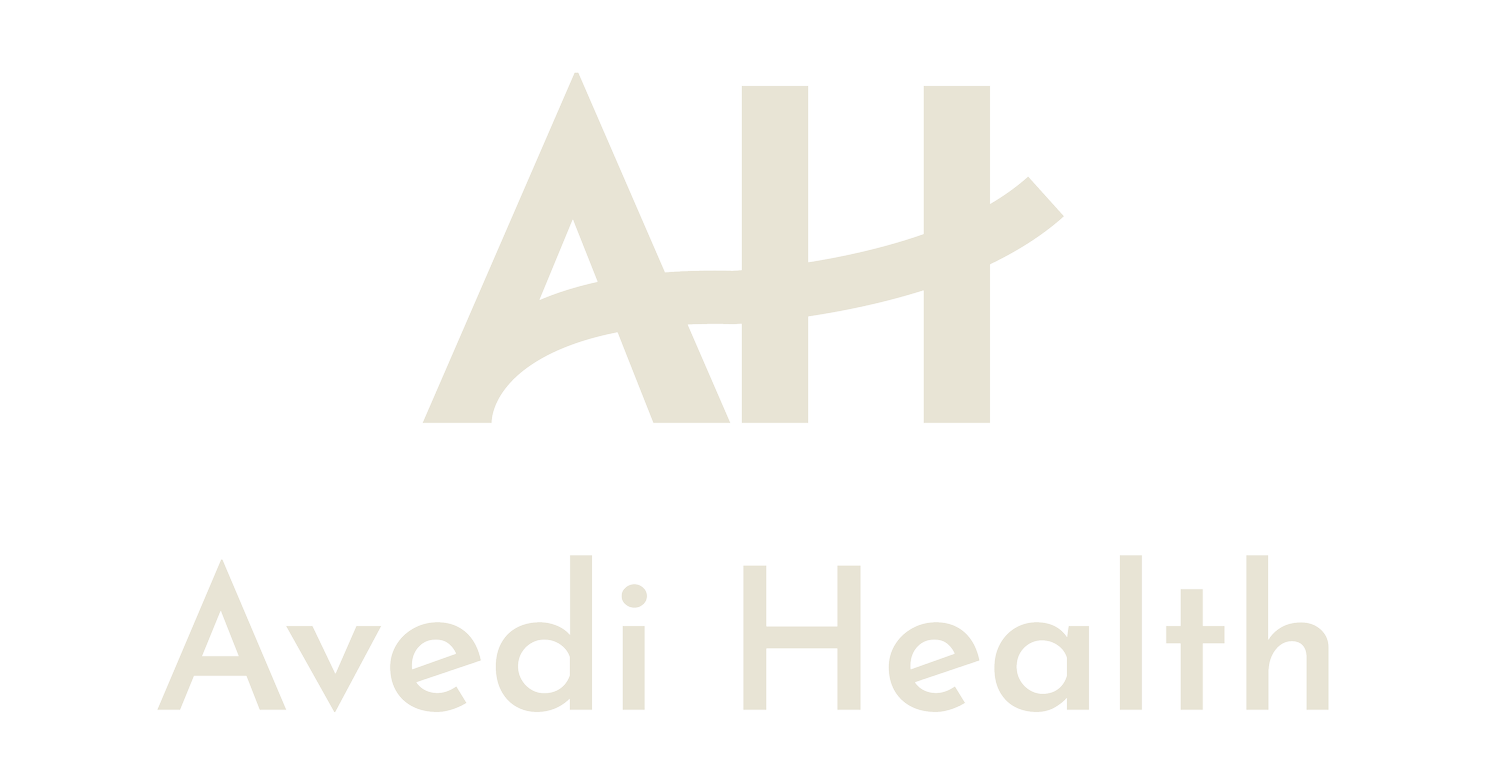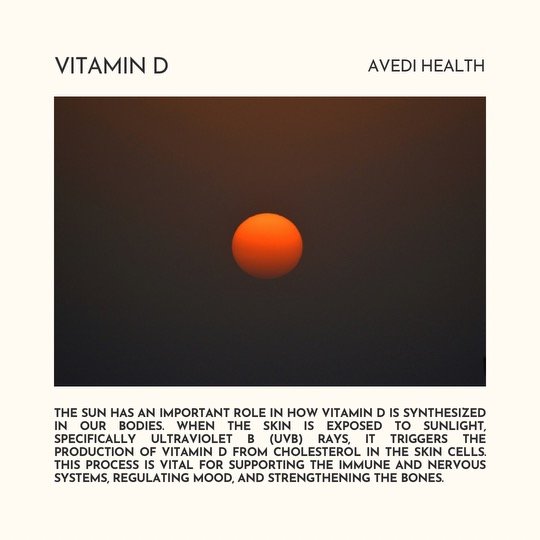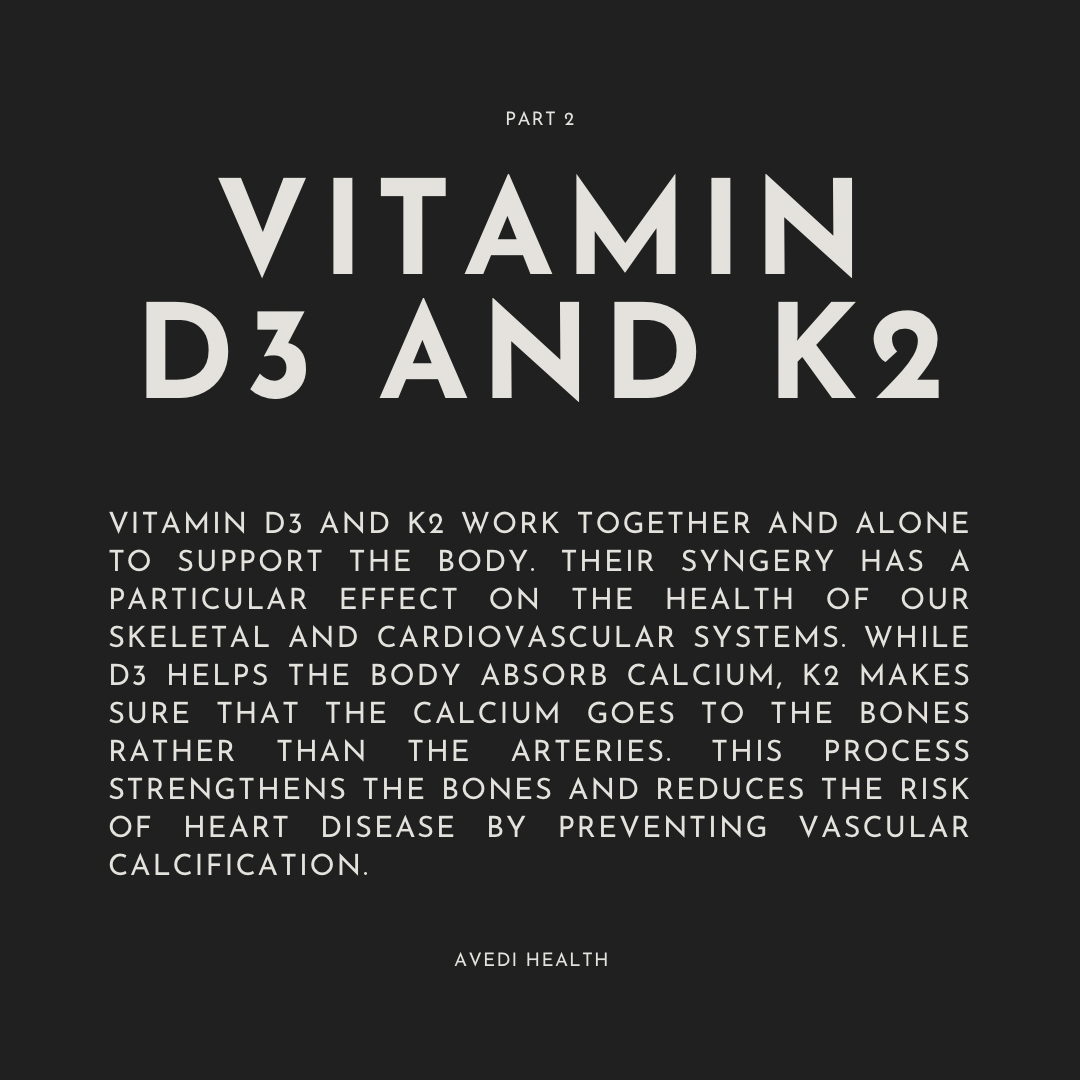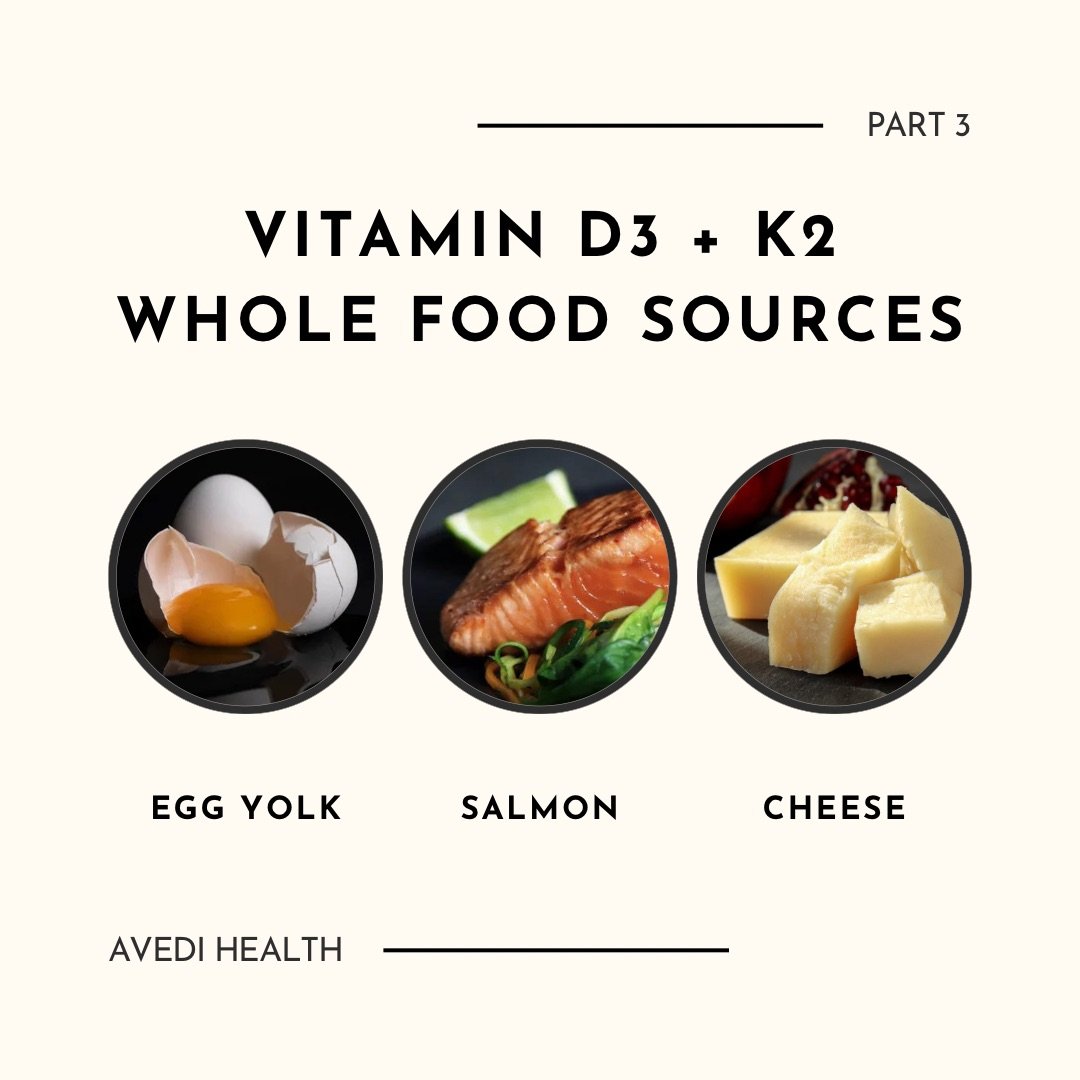Unveiling the Power of Vitamins D3 and K2: Sunlight, Nutrition, and Health Benefits
Both vitamin D3 and vitamin K2 have crucial roles in maintaining optimal health. While often overlooked, these nutrients play vital roles in everything from bone health to immune function and beyond. Let’s explore how these vitamins work, their sources, and their profound impact on our well-being.
The Synthesis of Vitamin D3: Sunlight’s Role in Our Health
Vitamin D3, also known as cholecalciferol, is unique among vitamins. Our bodies can synthesize it with the help of sunlight, specifically UVB rays. When exposed to sunlight, 7-dehydrocholesterol in the skin absorbs UVB radiation and is converted into vitamin D3. This process can vary depending on factors such as skin pigmentation, age, geographic location, and season. Understanding these variables can help us optimize our exposure to sunlight for adequate vitamin D3 production without risking skin damage.
The Metabolic Pathway of Vitamin D3 and K2
Once synthesized or ingested, vitamin D3 undergoes two hydroxylation processes: the first in the liver, converting it to 25-hydroxyvitamin D, and the second in the kidney, transforming it into the active form, calcitriol. Vtamin K2 plays a complementary role by activating proteins that manage calcium deposition, thus promoting bone health and cardiovascular health by preventing arterial calcification.
Dietary Sources of Vitamin D and K
While sunlight is a primary source for Vitamin D, certain foods can boost our intake. Fatty fish and fish liver oils provide good whole food sources. Vitamin K2 is predominantly found in fermented foods like natto, a Japanese soybean dish and dairy products from grass-fed animals. Sources of both vitamins include egg yolk, salmon, and cheese.
Comprehensive Health Benefits: From Bones to Mental Health
Vitamin D3 is paramount for bone health as it facilitates calcium absorption in the gut, which is essential for building and maintaining strong bones. Additionally, the benefits of vitamin D extend to the immune system, where it plays a critical role in immune response regulation. Emerging research also links adequate vitamin D levels with improved mood and cognitive function, suggesting its potential in managing mood disorders and preventing cognitive decline. Furthermore, observational studies have hinted at a correlation between higher levels of vitamin D and a lower risk of cancers, particularly breast and colon cancer.
Vitamin D and K2: A Synergistic Relationship in Health
Vitamin D and vitamin K2 work synergistically to enhance each other’s effects. While vitamin D ensures that your body absorbs calcium effectively, vitamin K2 directs that calcium to areas like bones and teeth where it is needed, rather than allowing it to deposit in arteries or organs where it could cause harm.
Understanding the synthesis, sources, and functions of vitamins D3 and K2 illuminates their essential roles in overall health. By managing our exposure to sunlight, incorporating rich sources of these vitamins in our diets, and considering supplementation under medical guidance, we can harness their full potential to support our health and well-being.
References
Holick, M. F. (2007). Vitamin D deficiency. *New England Journal of Medicine*, 357(3), 266-281.
Aranow, C. (2011). Vitamin D and the immune system. *Journal of Investigative Medicine*, 59(6), 881-886.
Anglin, R. E., Samaan, Z., Walter, S. D., & McDonald, S. D. (2013). Vitamin D deficiency and depression in adults: Systematic review and meta-analysis. *The British Journal of Psychiatry*, 202, 100-107.
Garland, C. F., Garland, F. C., Gorham, E. D., Lipkin, M., Newmark, H., Mohr, S. B., & Holick, M. F. (2006). The role of vitamin D in cancer prevention. *American Journal of Public Health*, 96(2), 252-261.
Geleijnse, J. M., Vermeer, C., Grobbee, D. E., Schurgers, L. J., Knapen, M. H., van der Meer, I. M., ... & Witteman, J. C. (2004). Dietary intake of menaquinone is associated with a reduced risk of coronary heart disease: The Rotterdam Study. *Journal of Nutrition*, 134(11), 3100-3105.
Iwamoto, J., Takeda, T., & Sato, Y. (2006). Intake of natto, a fermented soybean product, is associated with reduced bone loss in postmenopausal women: Japanese Population-Based Osteoporosis (JPOS) Study. *Journal of Nutrition*, 136(5), 1323-1328.




